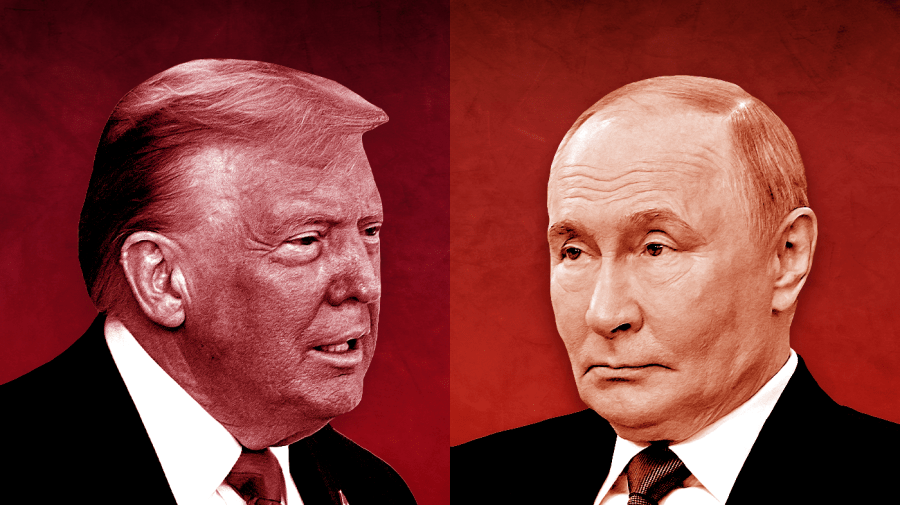It’s an unsurprising public divide and represents another example of how partisan positioning has Congress speaking on opposite sides of national security and foreign policy issues.
While Republicans are praising Trump for pushing back on Russian President Vladimir Putin’s nuclear saber-rattling, Democrats are questioning the utility, safety, financing and precedent of such a step.
“It would be a mistake for us to do this because we have nothing, we have very little to gain,” said Sen. Mark Kelly (D-Ariz.), a member of the Senate Armed Services subcommittee with oversight of America’s nuclear arsenal.
“If we did a test and then China decided, OK, I’m going to start testing. They’ll start testing their nuclear weapons, then their strategic forces capability gets much better,” Kelly told reporters Thursday. “We have zero to gain. This would be a gift to China.”
Sen. Elizabeth Warren (D-Mass.), another member of the subcommittee, questioned why Republicans are not concerned about how much money is required to carry out the president’s directive if their focus is on lowering federal spending.
“The Department of Defense has a long history of understating costs and claiming shorter timelines for these giant nuclear programs. They sell Congress on a rosy picture of how it will all work out,” she said.
“As soon as Congress signs on the dotted line, the costs start going up, and the time to completion stalls, rolling further and further out … Republicans should be just as outraged as Democrats over the DOD’s lack of honesty about how this program is operating.”
But Republicans are standing resolutely with the president, who announced his decision to resume nuclear weapons testing in a Truth Social post Thursday morning in South Korea, shortly before he met with Chinese President Xi Jinping and shortly after Putin boasted of testing new nuclear-powered and nuclear-capable missiles.
“This is not escalatory,” said Sen. James Risch (R-Idaho), chair of the Senate Foreign Relations Committee, calling Putin a “madman” trying to push Trump’s boundaries, claiming that the Russian president won’t retaliate.
Speaker Mike Johnson (R-La.) backed up Trump when asked about the president’s directive to the Pentagon to restart testing nuclear weapons, saying it sends a “strong message” to U.S. adversaries.
Sen. Lindsey Graham (R-S.C.), a defense hawk and a close ally of the president, said Trump’s directive to the Department of Defense (DOD) was a “response” to Putin, whom Trump has been pushing to come to the negotiating table in hopes of ending the Russia-Ukraine war.
But some senators acknowledged the president’s directive was short on details.
Sen. Ron Johnson (R-Wis.) said Thursday he will “have to see” what Trump means regarding testing nuclear weapons but emphasized that the U.S. has to keep its “nuclear forces modernized for sure.”
Trump said the U.S. would start testing its nuclear weapons “because of other countries’ testing programs” and would do so on an “equal basis.”
It’s not clear exactly what Trump wants to achieve. For opponents and arms control experts, the most concerning directive is whether the president decides to resume nuclear explosive testing.
Russia has denied it has tested nuclear weapons and criticized the U.S. for confusing its testing of a nuclear-powered and nuclear-capable missile with a nuclear explosive.
Russia has denied it has tested nuclear weapons and criticized the U.S. as confusing its testing of a nuclear-powered and nuclear-capable missile with a nuclear explosive.
Read the full report at thehill.com.
